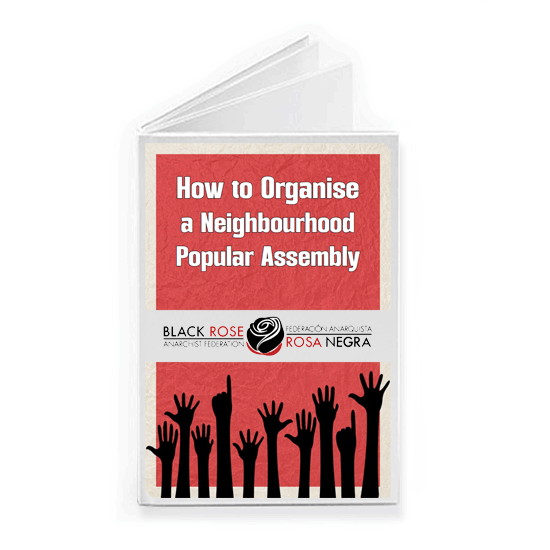Authors: Rose Lenehan and Tracy Rosenthal
PDF file size: 207 KB
This article by Rose Lenehan and Tracy Rosenthal originally appeared in Jewish Currents. It serves as a basic organising guide for those seeking to build and use collective power to solve issues facing themselves and their neighbours.
Both authors are veteran organisers with the Los Angeles Tenants Union, one of the largest and most successful tenant unions in the United States. Tracy Rosenthal is a co-author of the recent book Abolish Rent.
Source: https://www.blackrosefed.org/how-to-organize-your-building/
Continue reading













